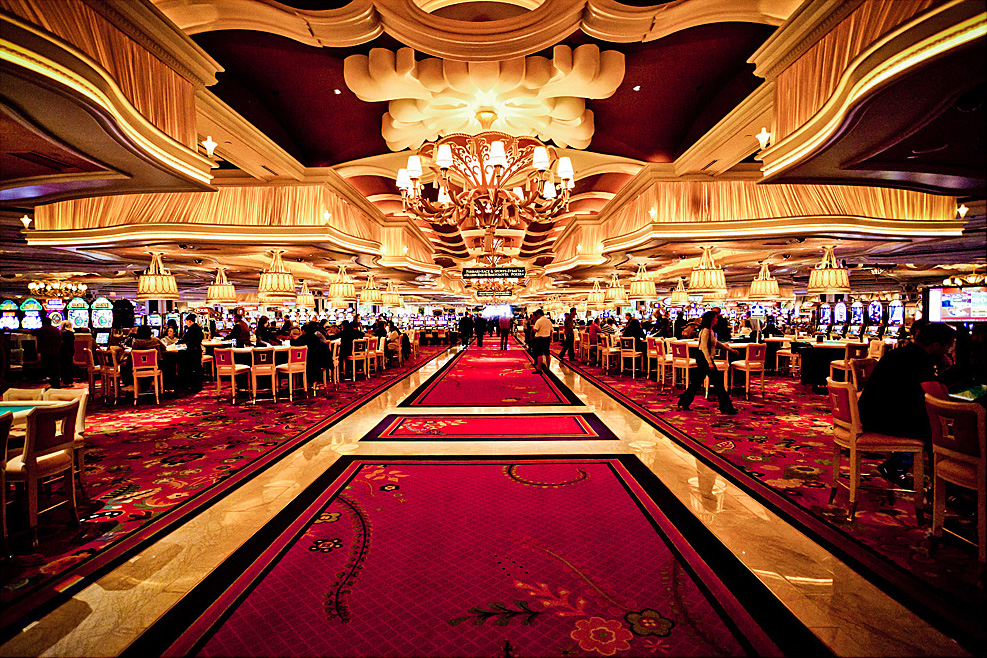Gambling slot games have enthralled players for decades, drawing them into a realm of blinking lights, enticing sounds, and the thrill of luck. These devices, commonly found in colorful casinos, combine aspects of chance and tactics, making them an exciting option for beginners and seasoned players alike. But what is it that makes these machines so attractive? The answer lies in the complex psychology at play as individuals engage with these colorful reels.
Regardless of whether it’s the wave of anticipation while waiting for the result of a spin or the thrilling feeling of a big win, the emotional response provoked by casino slots is significant. The crafting of these games is meticulously crafted to activate the brain’s pleasure system, creating an experience that can be both thrilling and compulsive. Grasping the mental factors at play in engaging with casino slots machines can provide insight into the reasons so many individuals are attracted to them and how they affect behavior and choices in the gaming environment.
Grasping the Attraction of Slot Machines

Slot machines have a distinct ability to enthrall players with their vibrant visuals and enticing sounds. The dazzling lights and captivating themes create an appealing atmosphere that draws people in. Each turn of the reels holds the possibility of a significant win, sparking a sense of thrill and anticipation that keeps players coming back for more. This multisensory experience plays a vital role in the appeal to casino slots games, as it arouses not only the mind but also the feelings.
A significant factor adding to the allure of slot machines is the notion of instant gratification. Differing from other casino games that require skill or strategy, slots offer quick results with each spin. The fast pace of the game allows for swift engagement, permitting players to experience the excitement of winning or the discouragement of losing in a matter of seconds. This instantaneous feedback loop can lead to a extremely compulsive experience, as players pursue the next potential payout while being mesmerized by the game’s continuous opportunity for excitement.
Moreover, the mindset of jackpot possibility cannot be dismissed. The allure of hitting a fortune-altering payout keeps players returning, often outbalancing the odds against winning. Many players find themselves fantasizing about the potential of striking it rich, fueled by stories of winners who have won big. This sense of hope, together with the excitement of the game, creates an unavoidable lure that characterizes the world of casino slots and makes them a beloved among bettors.
The Role of Reinforcement in Gambling
Reinforcement plays a vital role in the psychology of interacting with casino slots games. When players interact with these machines, they experience various forms of reinforcement that can affect their behavior. Positive rewards is particularly impactful; obtaining a win, or even the chance of winning, can create a high that keeps players coming back for more. The immediate feedback from the reels rotating, coupled with sounds and graphics, further enhances this pleasurable experience, reinforcing the desire to continue playing.
The randomness of winning in casino slots games also ties into the concept of variable reinforcement. This psychological phenomenon happens when payouts are given out at irregular intervals, making the anticipation of a potential win more thrilling. Players may go for long periods without major wins but are drawn back by recollections of past jackpots or the possibility of future ones. This variability heightens excitement and keeps players waiting for that upcoming win, embedding them deeper into the gambling cycle.
Finally, the social aspect of playing casino slots games can amplify reinforcement. Numerous participants enjoy the communal atmosphere of a casino, where they might see others winning, share successes, or even sympathize over losses. This social reinforcement can create a collective experience that encourages repeated play. Players might feel motivated to continue not only for individual benefits but also to experience the fellowship that comes with gambling, reinforcing their overall attachment to the game.
The Impact of Game Design on Player Behavior
The design of casino slots games plays a crucial role in guiding how players act and enhancing the overall gameplay experience. Features such as visuals, audio, and themes are deliberately crafted to attract players and keep them involved. Vivid hues and inviting animations create a visually stimulating environment that can lead to prolonged play sessions. Additionally, concepts ranging from historical eras to popular culture cater to various interests, making the games appealing to a wide audience. This targeted design promotes players to invest more time and finances into the gameplay.
Additionally significant aspect of game design is the implementation of incentive structures and elements like extra rounds or complimentary turns. These elements are designed to produce a sense of excitement and anticipation, which can induce the release of dopamine in the brain. BL555 This neurological response reinforces the behavior of gambling by associating the game with enjoyable feelings. By offering enticing rewards, casinos encourage players to continue playing, which often leads to increased betting and extended gameplay. The psychological thrill of potentially hitting a big win or triggering a bonus keeps players coming back for more.
Finally, the social elements integrated into casino slots can also affect how players behave. Many modern slots feature capabilities that allow players to connect with others through leaderboards or collective goals. This community feature can enhance the overall experience, as players may feel a sense of community or rivalry that motivates them to engage more deeply. The mix of personal thrill and social interaction creates a lively environment that not only entertains but also encourages consistent gameplay, further illustrating how deliberate game design can greatly impact gamer actions.
